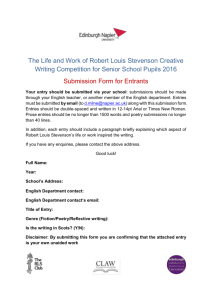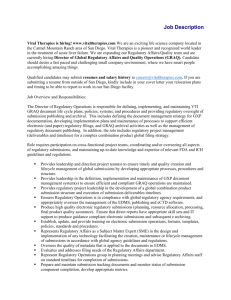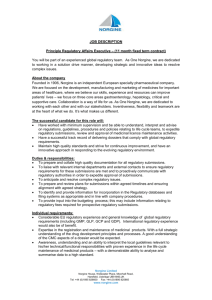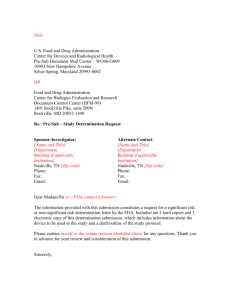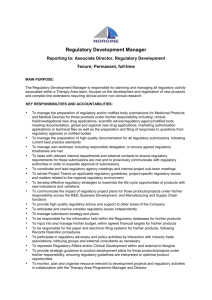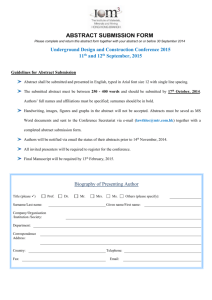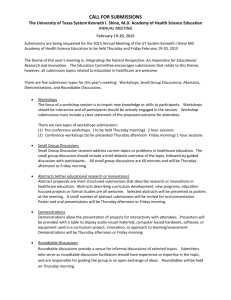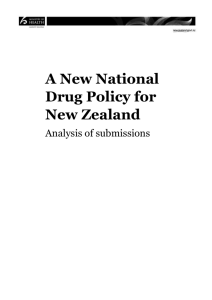Call for Abstracts
advertisement
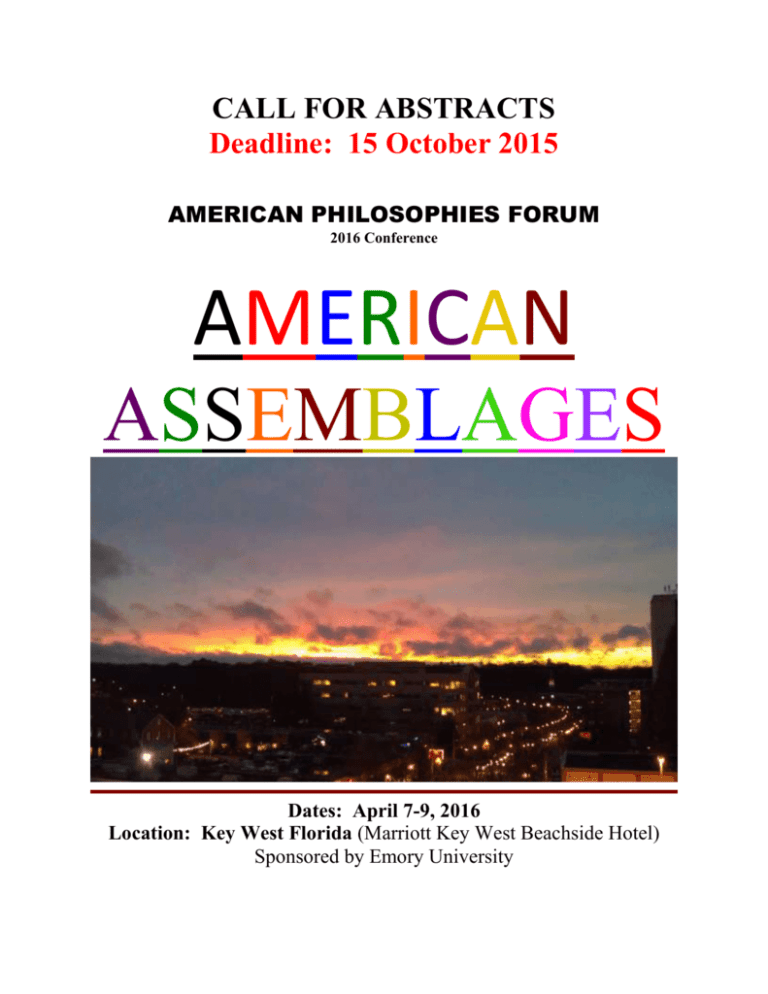
CALL FOR ABSTRACTS Deadline: 15 October 2015 AMERICAN PHILOSOPHIES FORUM 2016 Conference AMERICAN ASSEMBLAGES Dates: April 7-9, 2016 Location: Key West Florida (Marriott Key West Beachside Hotel) Sponsored by Emory University The American Philosophies Forum invites the submission of abstracts for its 2016 Conference on “American Assemblages.” Submissions are invited on any aspect of this topic. On the one hand, the conference theme is intended to stress the plurality and always-in-the-making character of American lives and cultures—to understand America as plural and dynamic—Americas. On the other hand, the conference theme is intended to call attention to four main meanings of the notion of assemblage: America as a collection or gathering of people and things, irreducibly both aggregate and parts, both one and many; America as a verb rather than a noun—a machine and object of pieces fitted and constantly re-fitted together; America as a work of art or construction made by grouping otherwise unrelated objects, fragments, scraps, and odds and ends; and, America as an aggregate of artifacts, the material stuff and evidence of a culture. In this context, submissions may focus on any of the following non-exhaustive list of topics: broadly political issues concerning: pluralism and the multiplicity of American cultures and social groups; the nature of democracy in America or the differing natures of democracy for different groups of Americans; matters of inclusion, exclusion, power, and marginalization; concerns with justice and injustice, resistance and complicity, and cooperation and violence; historical and contemporary issues of race, ethnicity, gender, class, immigration, and identity; North-South international issues; and resignations, possibilities, contestations and oppositions, confluences and solidarities, hopes, and dreams large educational, religious, and cultural matters concerning: habits and education— both liberal arts and vocational; characteristic cultural traits, outlooks, and selfunderstandings; matters of religious tolerance (in theory and practice), the separation of church and state (in theory and practice); work, employment, and leisure in the Americas; images, memories, and rituals; the reproduction of daily life, cultural continuities, and cultural change; myths and contested histories—from the city on the hill, the Monroe doctrine, slavery, manifest destiny and genocide of native peoples, the frontier and the West, industrial and global empire, military power and war machine, to the land of liberty and American dream; the rhetoric of America place, geography, and environment: issues of ecology and environment; characteristically American understandings of nature and the place of human beings in nature; regionalism and the role of place in national- and self-understanding; America as the new world; non-human life in the Americas; and the role of borders, boundaries, divides, edges; sustainability economic, technological, and material issues: the material production and reproduction of American lives; the role of technology in, and for, America; the distribution of wealth and poverty; demographics past, present, and future; sustainability (again); consumption; travel and transportation and communications; cyber-America, e-America, digitalAmerica, virtual America aesthetic issues concerning art in America: distinctively American modes of expression in painting, poetry, literature, music (and so on) and distinctively American art forms; observers, outsiders, critics of American life; America itself as a creative product and creating producer; high and low arts in American lives; American sports, television, entertainment, and theme parks. ethical and social action concerns: where do we find ourselves?; what may we hope--is there reason for hope and cause for meliorism?; which ways are the ways ahead and what is to be done—and is this more a matter of getting ‘our’ country back or realizing differently and more fully values still, perhaps always, ahead of us and not yet attained or secured; and what if anything might philosophers, humanities scholars, and academic contribute? All submissions selected for presentation at the Conference will reflect the broad mission of the American Philosophies Forum: to contribute to the critical development, imaginative growth, and shared understanding of American philosophical traditions; and, to bring the resources of these multiple philosophies to bear on the reconstruction of contemporary culture and the amelioration of its problems.” Submissions and presentations may take, or include, any medium and media. Submissions which are primarily textual explications or exclusively historical in focus will not be accepted. Persons are encouraged to speak in their own voices. SUBMISSION GUIDELINES AND INSTRUCTIONS Deadline: The deadline for receipt of all submissions is 15 October 2015. Submissions received after midnight Eastern Daylight Savings Time on this date will not be considered. Electronic Submission: All submissions must be received in electronic form as a .DOC or .RTF attachment (and not in any other format) to an e-mail message sent to: americanphilosophiesforum@gmail.com Eligibility: Persons who submit an essay should be Associates of APF. To become an Associate—there is no cost--, simply e-mail name, address, institutional affiliation (if any), and preferred e-address to: americanphilosophiesforum@gmail.com (Note that the American Philosophies Forum is not an academic “society.” There are no membership dues, registration fees, business meetings, or similar bureaucratic structures.) Single Submission: Only one submission per person is allowed. All multiple submissions will be rejected. Anonymous Review: Author information should be provided in the e-mail message to which the submission is attached. The submission itself must be ready for anonymous review: References, proper names, specific content, endnotes, or anything else that makes possible author identification are not allowed and will disqualify a submission. All submissions will be anonymously reviewed: persons who submit and persons who review will not know each other’s identity. General Formatting: All submissions should be double-spaced, in 12-point size, and in a standard font such as Times New Roman (preferred). Do not include other special formatting Submissions: Submissions must take the form of abstracts of 350-650 words (including any notes and references). Shorter or longer submissions may be disqualified. Authors of accepted abstracts must submit final essays of no more than 12-15 pages (including notes; double-spaced, 12 point, standard font) by February 15, 2016. These papers all will be made available electronically to all symposium participants a month in advance. At the symposium, authors will be provided only 10-12 minutes to summarize, emphasize, or develop further the contents of the full essay. This will allow for a significant amount of time for questions, discussion, and genuine exchange in every case. Technology Needs: Please indicate any AV/technology needs in the e-mail to which the submission is attached. Confirmations: All persons who send a submission will receive confirmation of receipt of the submission. The confirmation will be sent as a reply to the e-mail message to which the submission is attached. Confirmations will be sent no later than 22 October 2015. Anyone who has submitted an essay or panel proposal but has not received confirmation by this time should send a follow-up inquiry by e-mail. Decision Date: Final selections will be made by 1 November 2015. Anyone who has submitted an essay or panel proposal but has not received notice of a final decision by this date should send a followup inquiry by e-mail. For additional information about The American Philosophies Forum, see: http://philosophy.emory.edu/stuhr/americanphilosophiesforum/
